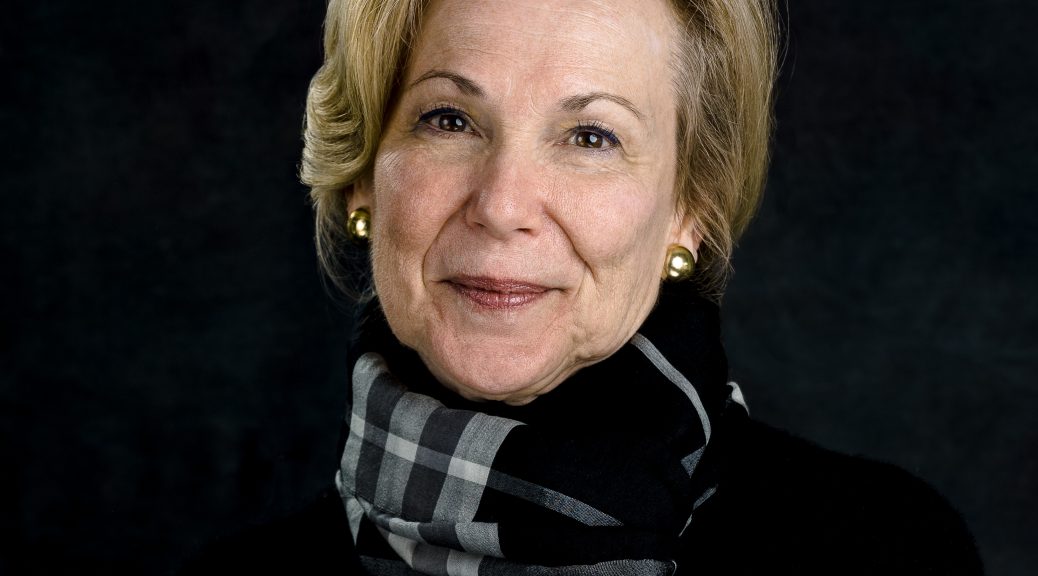
Mike Pence on Leadership and the Future of the Republican Party
Former US Vice President Mike Pence looks back on the events of January 6 2021, his final days in office with President Trump and his…
Thought Leader: Mike Pence

In her keynote speech at the recent GBAC Symposium on Air Considerations, Dr. Deborah Birx, M.D., noted her excitement in knowing that participants were still asking questions about COVID-19.
In fact, she said, the lack of such questioning by most U.S. institutions was a reason why she wrote her book, Silent Invasion.
Birx said in her speech—Stopping the Pandemic of Magical Thinking—that she blew the whistle early in 2020 regarding COVID-19, its potential to become a pandemic, and the ramifications of focusing solely on very ill symptomatic carriers.
Keeping related data in mind, Birx discussed how COVID-19 has been handled since its initial outbreak—the mistakes that were made and the lessons that have been learned.
Ignoring the asymptomatic spreaders, she said, “was our original ‘magical thinking.’ For decades, we believed that pandemic response was containing viruses and pandemics somewhere else off our shores. And that’s why we didn’t prepare as a country in a way that was successful.”
“None of pandemic preparedness plans included connections with our clinical care facilities or our commercial laboratories,” Birx continued. “There were no plans for a data stream from hospitals or clinical laboratories. There was only a plan for the surveillance system based on symptoms and our public health laboratories.”
But Birx stated that the COVID-19 pandemic spurred on an important “inflection point”—the desire for knowledge surrounding the virus. This includes employees knowing if workplaces are truly safe.
“COVID is…changing the work environment and employee expectations,” she said. “If you want people to come back to work with confidence, they’re going to expect you to demonstrate with data, not perception, that their workspace is safe.”
So, what have we learned after living with the COVID-19 virus for nearly three years? Birx outlined the following key takeaways:
While pleased to see symposium participants still questioning and curious about COVID-19, Birx didn’t suggest that answers, particularly regarding vaccinations, would come easily. “When you don’t have a roadmap of what to do,” she said, “it makes vaccine development much more difficult.”
But, she continued, providing crystal clear information to the American public could help in general by creating correct expectations. “When Americans believe they have been misled, it’s very difficult to reestablish trust,” she said.
Due to current data, Birx expressed continued concern about COVID-19 and emphasized the need to stay vigilant by using all the tools available, with the ultimate goal being disease eradication.
Mike Pence on Leadership and the Future of the Republican Party
Former US Vice President Mike Pence looks back on the events of January 6 2021, his final days in office with President Trump and his…
Thought Leader: Mike Pence
Marc Short on U.S. Investment in Critical Minerals
Why do critical minerals matter now? Marc Short explains how U.S. investment in critical minerals fits into a broader strategy around economic security, manufacturing, and…
Thought Leader: Marc Short
Marc Short on AI Policy and the Government’s Role in Chip Technology Investment
On CNBC, Marc Short breaks down the role of AI policy and how government investment is shaping the future of chip technology. A former Chief…
Thought Leader: Marc Short

